1. Paint Colors and Exterior Modifications
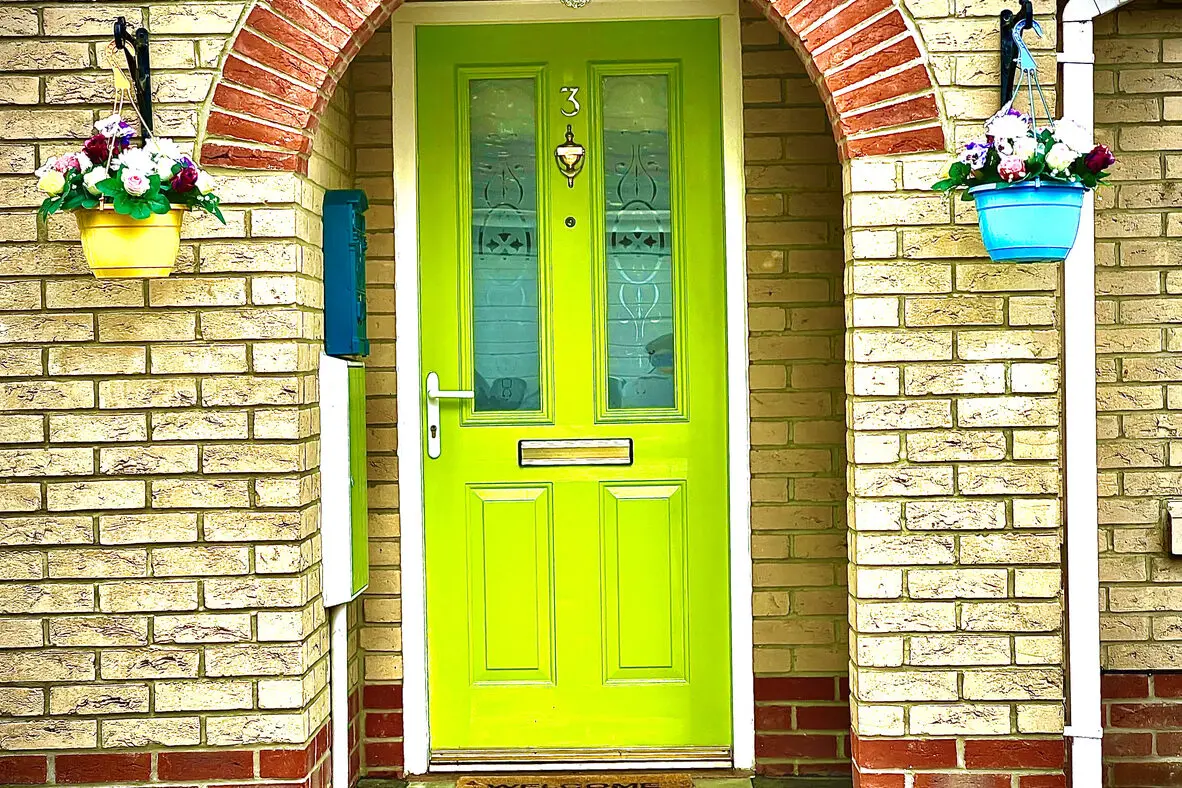
Think your house color is your choice? Not if your HOA has strict rules on approved exterior paint colors. Some associations also control roof shingle style, fencing materials, or even the type of mailbox you install. Going against these can result in hefty fines or forced repainting.
The financial risk comes in the redo. If you pick an unapproved color or style, you’ll be asked to change it back, at your expense. Exterior paint alone can run into thousands of dollars, and redoing roofing or fencing is even more. That’s a costly mistake for skipping a permission slip.
1. Landscaping Requirements

Many HOAs dictate exactly how your lawn, shrubs, and trees should look. That might mean a certain length for your grass, restrictions on types of plants, or even seasonal flower requirements. If you fall behind or don’t meet the guidelines, fines can stack up surprisingly fast. Some HOAs even hire contractors to fix violations and then bill homeowners directly.
This matters because landscaping costs aren’t always obvious. You could spend hundreds replacing plants or re-sodding a lawn to meet standards. Even little things like leaving holiday decorations too long can tie back to landscaping rules. The bottom line: curb appeal is expensive when someone else defines it.
3. Parking Restrictions

Many HOAs have rules about where you can park—and it’s not just about keeping cars off the grass. Some don’t allow overnight street parking or long-term parking of RVs, trailers, or boats. Even work trucks can be banned, which makes life tricky for contractors or self-employed residents. Violations usually come with fines and sometimes even towing fees.
Why does this matter? Because towing charges and daily fines add up quickly, not to mention the hassle of retrieving your vehicle. If you own recreational vehicles or rely on a truck for work, this can hit both your wallet and livelihood. Before moving into an HOA community, parking rules are worth reading twice.
4. Short-Term Rental Bans
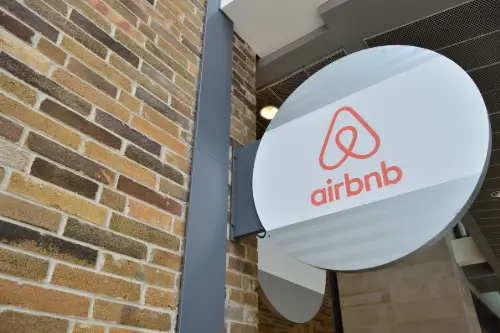
Listing your place on Airbnb might sound like a great side hustle, but HOAs often shut that down fast. Many have outright bans on short-term rentals or require special approval that’s rarely granted. Violating this rule can mean fines for each night the property was rented. In some cases, legal action can follow if the association wants to make an example.
The money at risk here isn’t just in penalties—it’s in lost income. Homeowners may bank on short-term rentals to offset mortgage costs. If that option is pulled away, the financial math of the home can change overnight. This is especially costly in tourist-heavy areas where rental income could have been substantial.
5. Pet Restrictions

HOAs often regulate pets more tightly than cities do. That might mean breed restrictions, weight limits, or caps on how many animals you can have. Some even dictate whether you can build a dog run in your yard. Violating these can lead to fines or, in the worst cases, being forced to remove the pet.
The costs here aren’t just financial—they’re emotional. But the money side is real too: rehoming, paying boarding fees, or moving because your dog isn’t allowed is no small expense. Even small violations, like not picking up after your pet, can rack up daily fines. It’s a reminder that “pet-friendly” means something very different under HOA rules.
6. Noise Restrictions
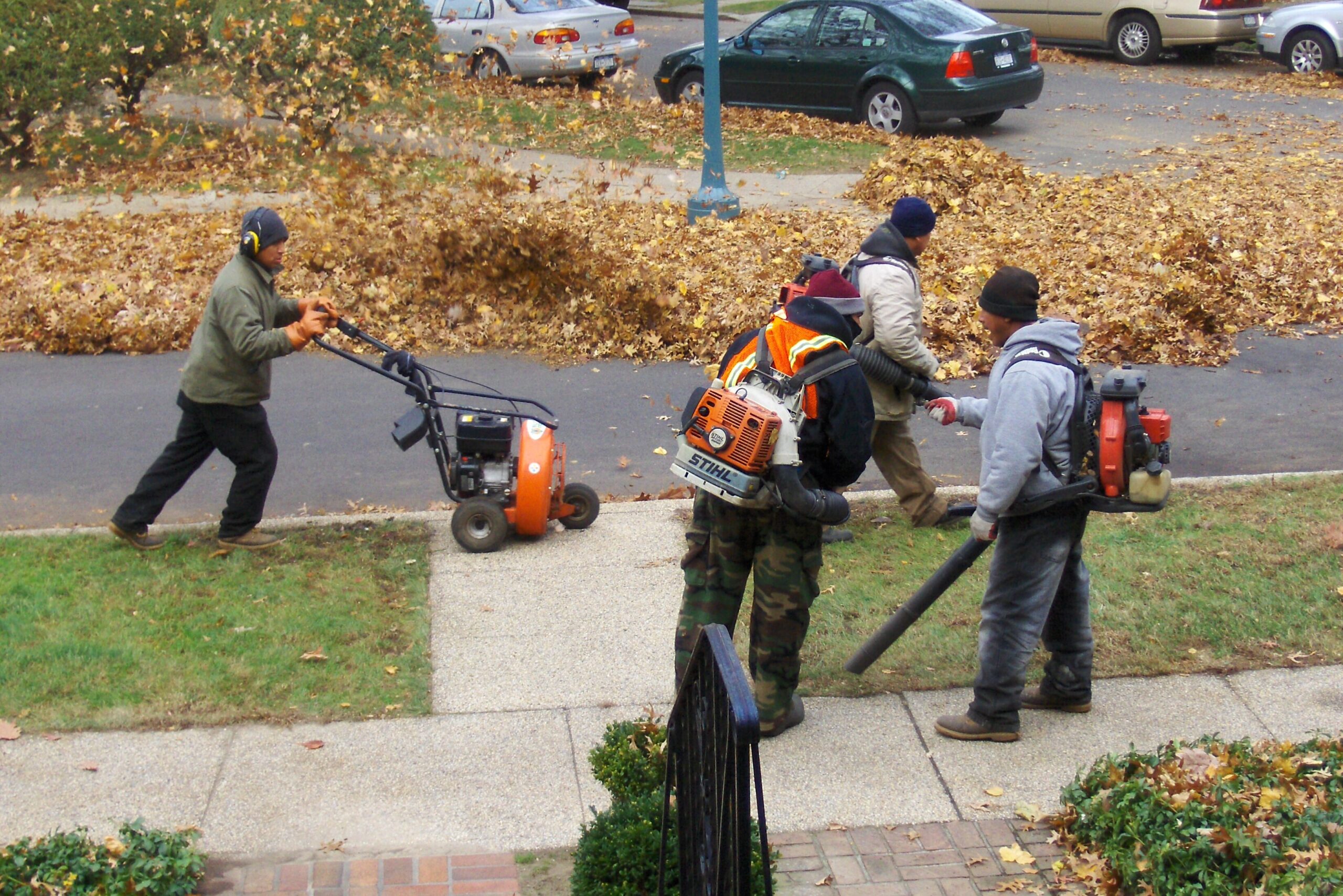
Most HOAs have noise rules that go beyond city ordinances. They can regulate everything from music volume to when you can run power tools. Even hosting a large party may violate community quiet hours. Fines often escalate for repeat offenders, making one noisy weekend costly.
This matters if you like to entertain or do projects at home. Replacing a fine with a contractor bill for quiet hours work can double your costs. And while it may seem minor, repeated noise violations can also lead to legal action. That’s an expensive path for blasting your favorite playlist.
7. Holiday Decorations
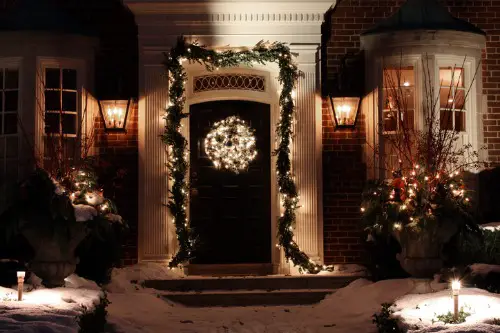
Yes, even your holiday lights are regulated. Many HOAs specify when decorations can go up, how long they can stay, and sometimes even the type or color of lights. Over-the-top displays may violate “aesthetic harmony” rules. Going against this can mean daily fines until decorations are removed.
The cost isn’t just the fine—it’s wasted investment. Imagine buying hundreds of dollars in decorations only to be told they’re not allowed. Even small disagreements can turn expensive if the HOA contracts removal services and bills you. Your holiday spirit can quickly become a line item in your budget.
8. Trash and Recycling Rules

Think you can just put your bins out whenever? HOAs often dictate exact hours and days trash cans can be visible. Some even require a specific type of bin or storage location. Failure to comply can result in fines for each violation.
The hidden cost here is convenience. If you miss the narrow window for putting bins out, you might pay both fines and extra hauling fees. Repeated violations can snowball quickly. It’s one of those rules people underestimate until the bills start arriving.
9. Home Business Restrictions

Running a small business from home might not fly under HOA rules. Some associations prohibit visible signs of business, like increased traffic or customer visits. Others ban home-based businesses outright, no matter how low-impact. Violating this can result in fines or forced shutdowns.
The cost is obvious if you rely on that business income. Suddenly, your revenue stream is cut off, and you may still face penalties on top. Even quiet businesses like tutoring or consulting can be targeted if neighbors complain. It’s a hidden way HOAs can affect your financial stability.
10. Exterior Storage Rules
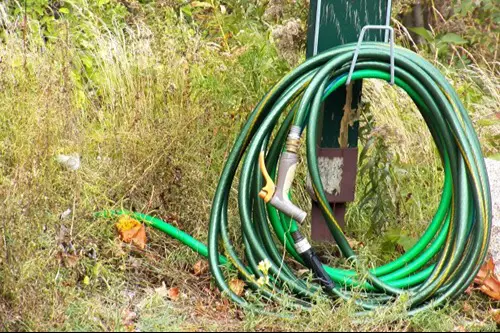
Leaving kayaks, bicycles, or gardening equipment outside may seem harmless. But many HOAs ban visible outdoor storage, requiring everything to be hidden in garages or sheds. Violations often trigger fines or forced removal of items. Some communities are strict enough to ticket you for leaving a ladder against the house.
Why does this matter financially? Because storage solutions aren’t cheap. You may be forced to build or rent space just to comply. Add in fines for slip-ups, and you’re looking at thousands over the years for something as simple as a bike on the porch.
11. Solar Panel Restrictions

While some states protect solar rights, many HOAs still limit how and where panels can be installed. They might restrict roof placement, visibility from the street, or even the type of panel. Getting approval can be a long process, and installing without it can lead to removal orders. That’s thousands wasted on a system you can’t use.
This matters because solar is a major investment. Homeowners often count on long-term energy savings to offset upfront costs. If HOA restrictions interfere, you lose both the savings and the installation cost. That’s one of the most expensive “hidden” rules to get wrong.
12. Assessment Fees and Special Levies
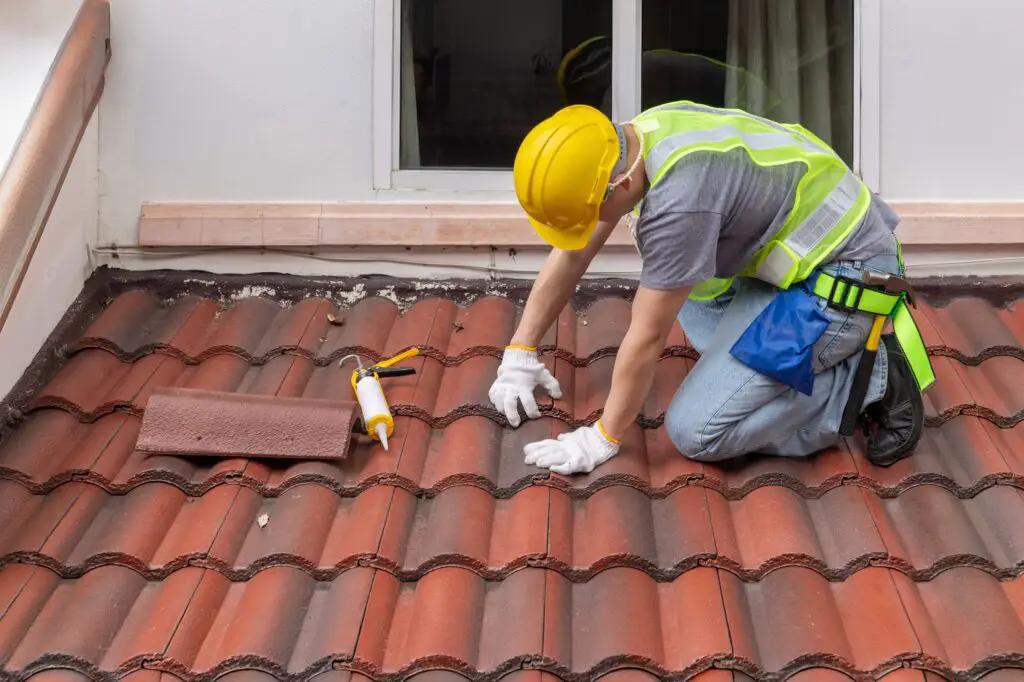
Beyond regular dues, HOAs can hit you with surprise assessments. These are extra fees for big projects like roof repairs, road repaving, or pool maintenance. Even if you don’t use the amenities, you’re still on the hook. Some assessments run into the tens of thousands per homeowner.
The reason this is so impactful is that assessments often come due quickly. If you’re not prepared, it can throw your entire financial plan off balance. Falling behind on payments can even lead to liens against your property. It’s a reminder that HOA living means budgeting for the unexpected.
This post 12 Hidden HOA Rules That Can Cost You Thousands was first published on Greenhouse Black.
